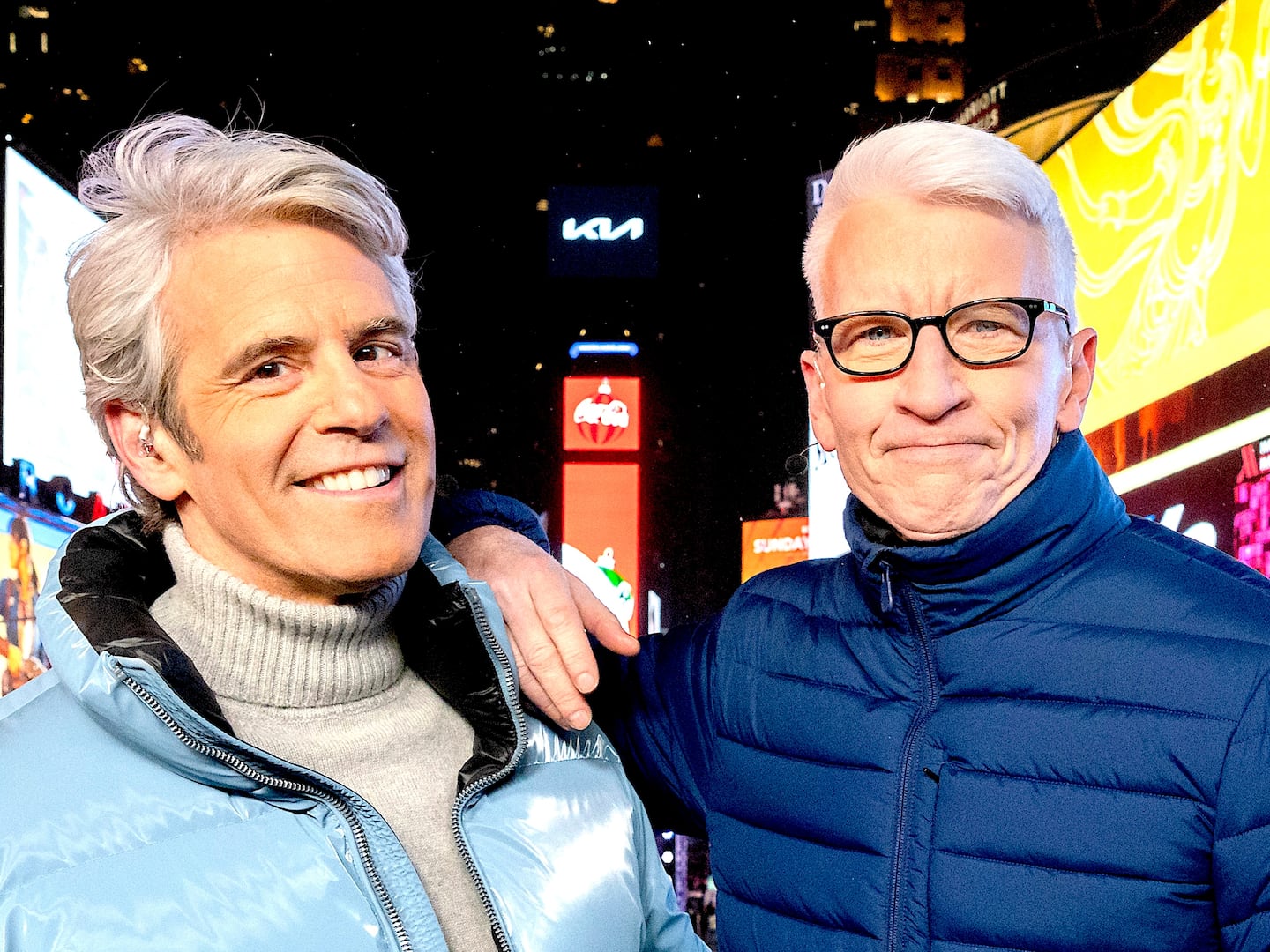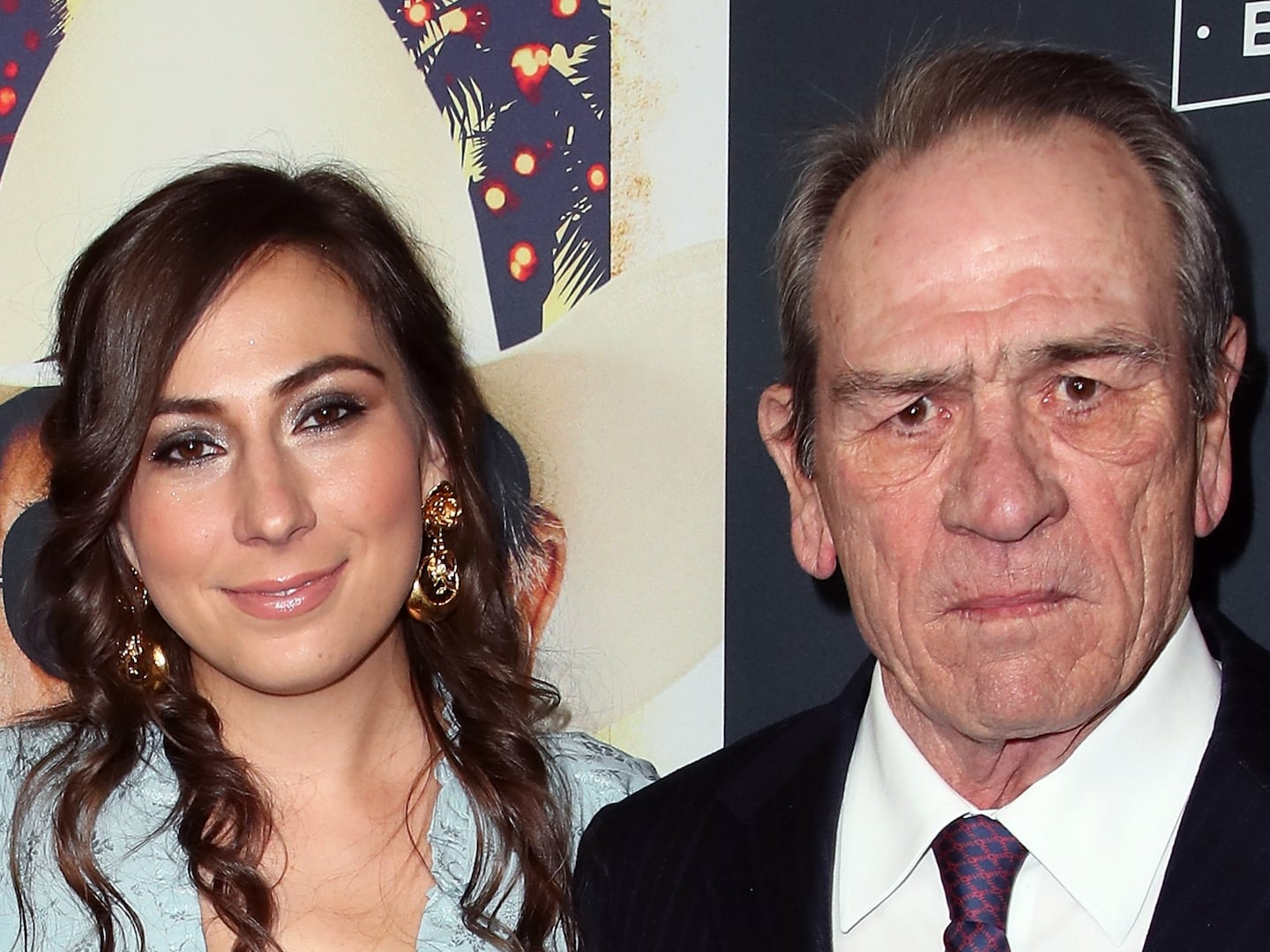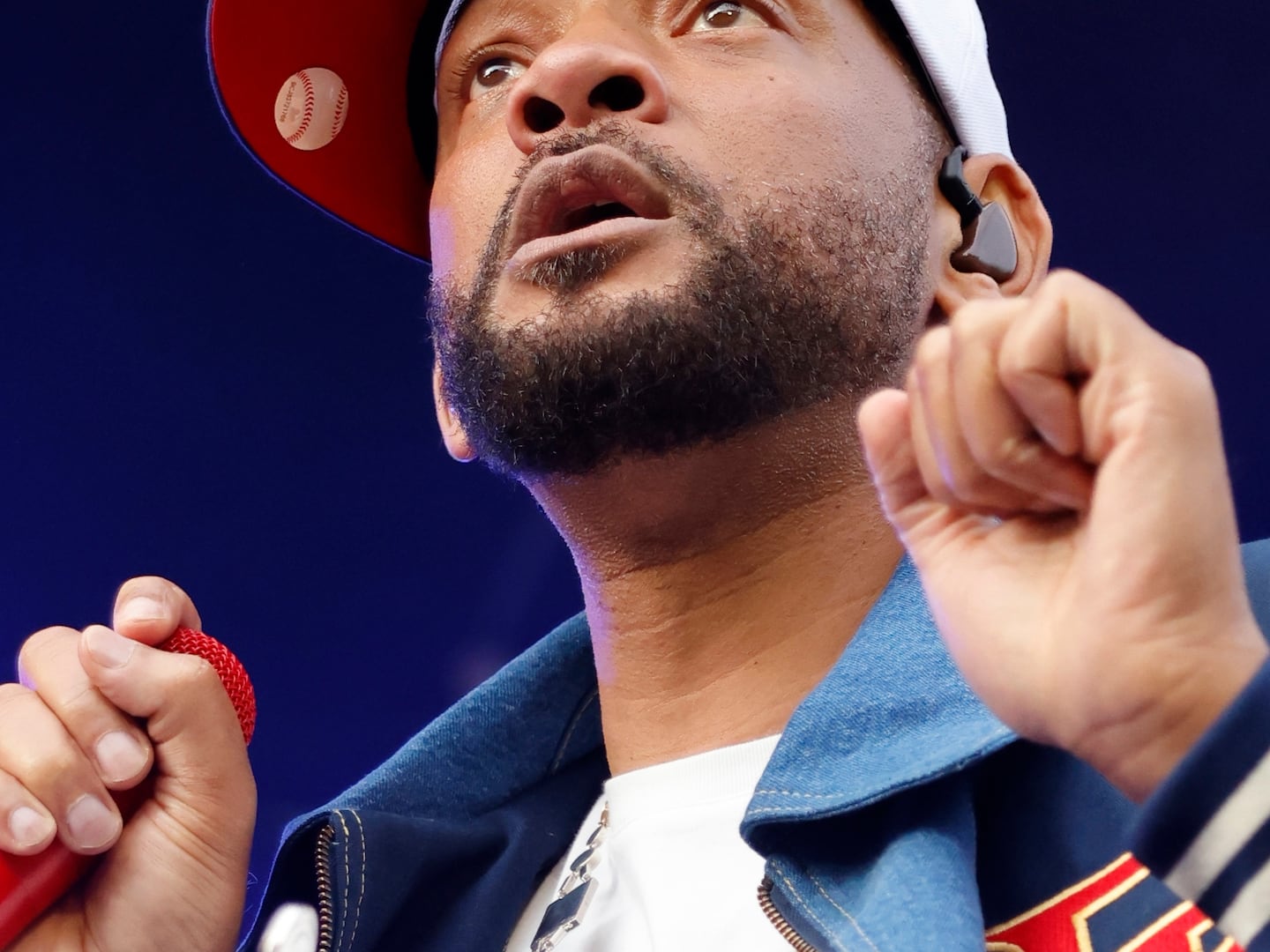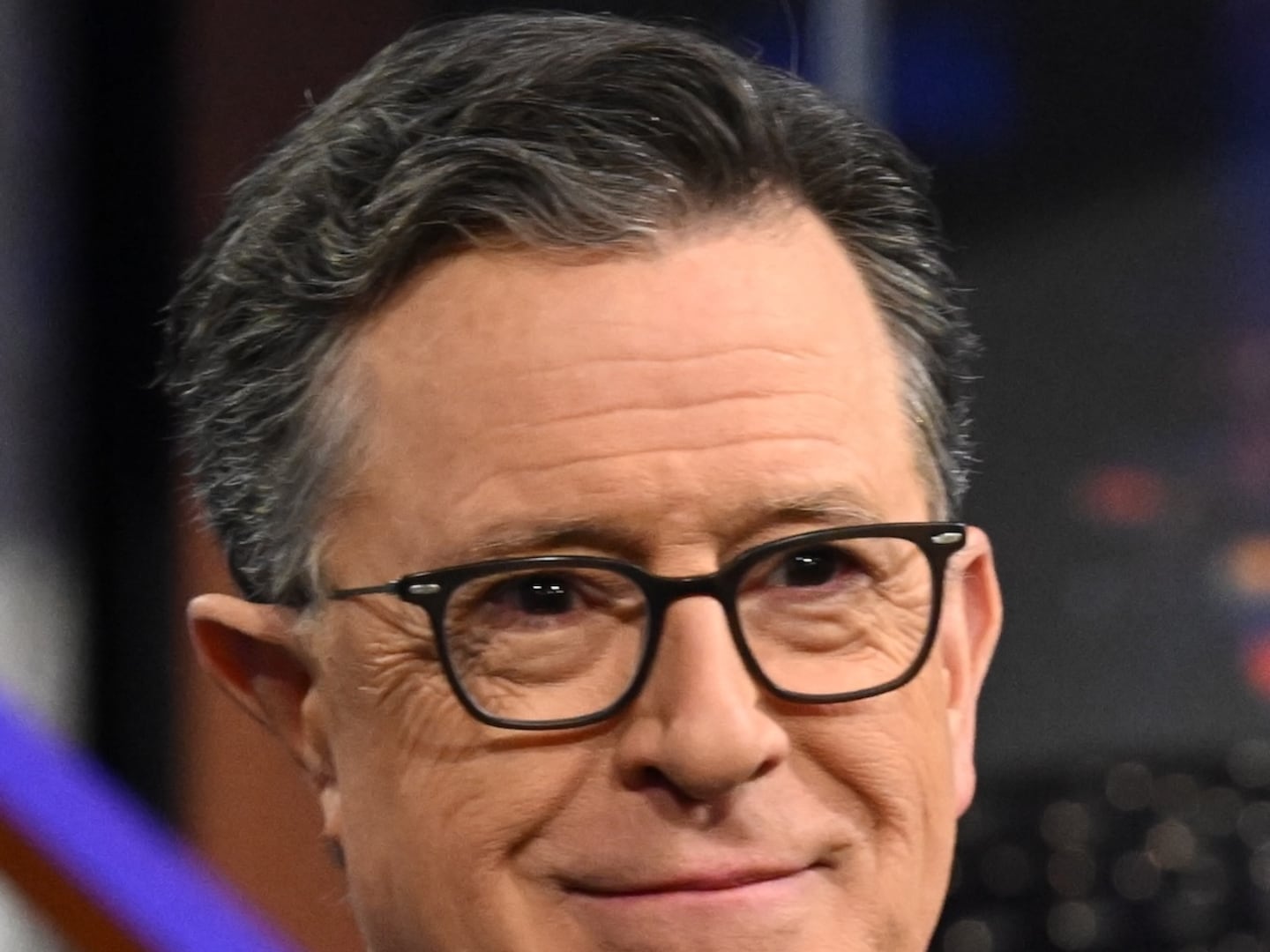Nearly 20 years ago, Bryan Lee O’Malley unwittingly started a revolution.
Scott Pilgrim’s Precious Little Life, the first volume in what would become a six-volume comic book series, introduced a version of the world many of us recognized but had never seen articulated: one where the gamers and indie rock-loving losers were, well, not totally the losers. A fluency in Nintendo history was, if not celebrated, judged a valid skill. It was fully plausible that someone with no apparent muscle mass could use his puzzle game-primed cunning to outwit—and ultimately out-fight—a Hollywood action hero.
For as specifically, wonderfully nerdy as Scott Pilgrim was, it was Scott Pilgrim himself who best defined the series’ idiosyncratic appeal. There was a lot to both like about him and see within him that reminded us of ourselves: He was charmingly goofy; he was a romantic; he managed to show growth and maturity by the end of his arc. He casually dropped Sonic the Hedgehog factoids while playing his PSP Go, a handheld game console owned by maybe 40 people total. He wore a vintage Smashing Pumpkins T-shirt. He was named after an obscure song by an even more obscure band, which is exactly the kind of thing an internet-lurking, literary-minded, somewhat (okay, very) unpopular high school geek would do with their own fictional characters.
But somewhere between the 2004 release of Precious Little Life and the 2010 debuts of both the feature film, Scott Pilgrim vs. the World, and the final volume of the comics, Scott Pilgrim’s Finest Hour, readers’ and fans’ opinions of Scott himself started to shift dramatically.
“The internet thinks Scott’s an asshole,” O’Malley announced with a laugh. We spoke during this year’s New York Comic Con, ahead of the release of Scott Pilgrim Takes Off, the series’ long-awaited return. The Netflix anime, which premiered Nov. 17, is the epitome of Scott Pilgrim’s charms: hyper-stylized and silly, but without either poking fun at itself or taking itself too seriously. It’s a gorgeous recreation of O’Malley’s world, itself increasingly anime- and manga-influenced as he approached the final comic.
Scott Pilgrim is a 23-year-old Torontonian devoted to winning the affections of Ramona Flowers, a neon-haired, enigmatic woman who’s recently arrived to Canada from New York City. To do this requires him to triumph over Ramona’s seven evil exes, who have formed a league hellbent on taking down anyone else who tries to date her. (It’s a whole thing.) But as we learn on the first volume’s first page, before Ramona’s in the picture, Scott is dating a high schooler. Scott takes 17-year-old Knives Chau to the arcade, listens to her gossip about her classmates and schoolwork, and even giggles about how they “almost held hands.” All of Scott’s friends are rightfully perturbed by the entire thing, but Scott is too self-centered to understand the unhealthy, damaging power imbalance he’s created.

(L-R) Mark Webber as Stephen Stills, Alison Pill as Kim Pine and Michael Cera as Scott Pilgrim.
NetflixIn context, this relationship—which develops into an uncomfortable love triangle as Knives wages her own war for Scott’s affections—is treated as indicative of Scott’s obvious immaturity, something that his endeavor to get with Ramona challenges him to overcome. While the high school girlfriend subplot doesn’t completely fall away, it’s only another detail in a story about how, yeah, Scott can be a real dick. A key part of the overall story is Scott’s realization about this, which he actively admits and works toward changing by the end of the series.
Many readers and viewers found this to be an ultimately moving, successful journey. But, even now, many others lambast Scott as a classic “nice guy,” “mad toxic,” “the worst,” and even a “groomer.” These are tough accusations to shake, especially since Scott Pilgrim has been dormant for 13 years.
For O’Malley, now is the perfect time to finally address the haters in the best way possible: with a new Scott Pilgrim story. “It was fun to play with that [in Takes Off],” O’Malley said. “It’s like, yeah, let’s give them what they want. If they think Scott’s the worst character, we’ll just take him out of the picture.”
That’s exactly what Takes Off does by the end of the first episode, as Scott disappears until the penultimate installment. It’s one of the most shocking twists of any show I’ve seen this year, devilishly well hidden by Netflix in the lead-up to the show’s premiere. (Considering one of the graphic novel volumes was hyperbolically titled Scott Pilgrim vs. the Universe, forgive a fan for not thinking to take a title so literally!) After Scott exits—or, as all of his friends and family believe, dies in a battle against his crush Ramona’s evil ex-boyfriend Matthew Patel—the rest of the story’s cast dutifully takes over.
As surprising as it is that O’Malley and Takes Off co-creator BenDavid Grabinski (the Are You Afraid of the Dark? reboot) dispenses of Scott so quickly, it’s almost as surprising how easy it is to forget about him while watching the anime. Well, perhaps it wasn’t so surprising for the anti-Pilgrims. But for those of us pro-Scott, it’s a strange—but not unpleasant—revelation.
Grabinski, who started out as a fan of the comics and has been steering the Takes Off ship since day one, is definitely a member of Team Scott, warts and all.
“I thought the book did a really good job of tackling a complicated, flawed character who’s growing up and realizing how to be a better person,” he said.

(L-R) Ellen Wong as Knives Chau, Aubrey Plaza as Julie Powers and Mary Elizabeth Winstead as Ramona Flowers.
NetflixYet he recognizes that Scott has become something of a fraught character in the interim between Finest Hour and Takes Off. That complicated understanding of his character, in its own way, inspired the team to take the anime in a different direction.
“I think that to redo [the original story], it could feel like you’re re-litigating it, and to me, the most interesting, emotional [storylines] were to get into everybody else,” he said.
O’Malley similarly felt neither need nor desire to re-open the “Scott Pilgrim sucks” can of worms.
“The book has 1,200 pages to explore the nuances of how he’s a good or bad person, or whatever you want to call it,” O’Malley said. “But most people on Twitter stop at the first page, and they’re just like, ‘He’s dating a high schooler’—and that becomes a joke in the show too.”
Still, Takes Off could be read by some viewers as a repudiation of Scott’s character, considering he’s rendered absent for most of the show. In fact, at the end of the season, he returns as what some of the critics claimed he was all along: the villain. When Scott finally returns in Episode 7, he reveals that he was sent into the future, where he met an older version of himself. Old Scott (perfectly played by Will Forte) is a pathetic divorcée pretending not to be hung up over ex-wife Ramona. At the same time, he refuses to admit any culpability in the disintegration of their relationship, let alone work toward patching things up. In an effort to quell his pain, he grabbed Scott from the past, as to stop him from ever dating Ramona in the first place. Yet this failed scheme ultimately drives Old Scott further into darkness, and the season ends in a battle between the elder and junior Scotts.
One could interpret this as commentary on incel culture, meninists, or, if you want to really generalize it, a male tendency toward emotional repression. They could also see it as remedying Scott Pilgrim’s seeming validation of the idea that, if you chase her long enough, you can wear a woman down into dating you. That Ramona is the one searching for Scott, as well as assuming the hero role, could also be taken as a pointedly feminist reinterpretation of the entire franchise.
Grabinski, understandably, doesn’t see the decision to reframe both Scott’s character and Takes Off in a new direction as that political.

(L-R) Mary Elizabeth Winstead as Ramona Flowers and Alison Pill as Kim Pin.
Netflix“I feel like there’s been a whole book series about Scott and his arc, and a movie version of it, and a video game,” he said. “It just felt fun to get into these other flawed characters.” He cited a scene where Knives and Kim Pine, Scott’s bandmate (and ex—guy gets around), jam together as a particular favorite among those moments that never would have been possible in the original story.
Giving Knives a new arc—she replaces Scott in his band Sex Bob-Omb after he disappears—was especially of interest to Grabinski and O’Malley. In both the comics and the film, her role was mostly reductive: a wide-eyed, melodramatic Scott fangirl on the screen; a spurned, martial arts-proficient ex on the page. But eliminating Scott meant the writers could redefine his too-young girlfriend as her own woman—one of the biggest, best improvements the anime makes over the source material.
“[We] take Scott away from her, and then she finds her own ways to heal and get through it,” O’Malley said of developing Knives’ journey in Takes Off. “And maybe [she discovers that] it is better for Scott to be dead, you know?”
It was an exciting storytelling opportunity for O’Malley, and one that will likely please fans who took issue with Scott and Knives’ relationship in the original works. Instead, she stars in what O’Malley referred to as an arc “where she gets her own thing that has nothing to do with boys,” becoming a savvy, integral member of Sex Bob-Omb.
“It was important to us to try to learn more about [the cast], not just as some kind of appendage to Scott,” added Grabinski. “They don’t just have to be a secondary element of his love story [anymore]. … When you’re young, even if you don’t live in a video game-fighting universe, there’s so much going on.” Takes Off has a great time exploring these possibilities, confirming that Scott Pilgrim works as a much larger playground.
But it bears repeating that there really are many of us who do love Scott. As great as it is to hang out with his friends and get to know them better in his absence, his presence is indeed missed—but his two-part return at the season’s end more than makes up for the time he spent away.
“There is so much Scott in the last two episodes,” Grabinski said. “We added it up at the end—you see the amount of lines that every actor has, and somehow Michael [Cera, who voices Scott] still had the most or the second-most.”
“That’s how much he never shuts up when he’s [on-screen],” O’Malley said.
After all that script-hogging, and despite his time off, it sounds like Scott Pilgrim still has some growing up to do.
Keep obsessing! Sign up for the Daily Beast’s Obsessed newsletter and follow us on Facebook, Twitter, Instagram and TikTok.






